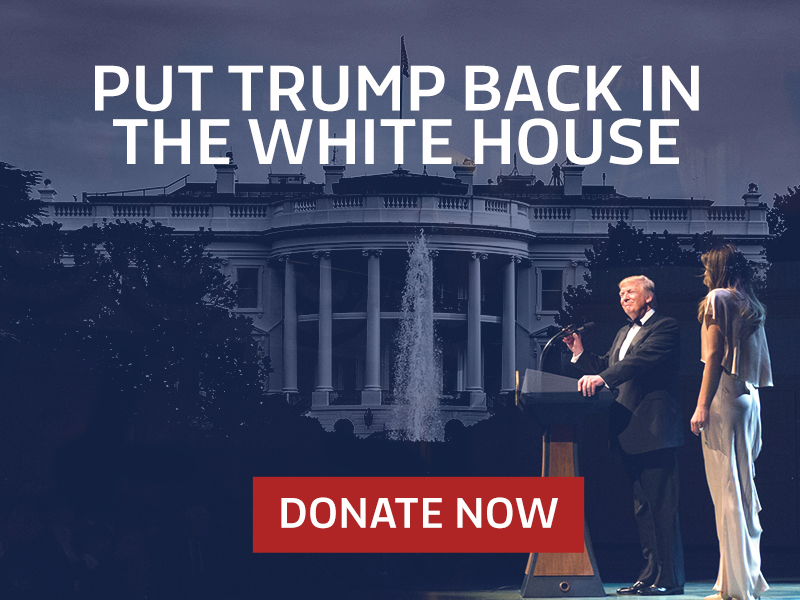Just a couple weeks post-shutdown, the coronavirus talking points have settled in. “Listen to the doctors” is front and center, as journalists and elites obsessing over doomsday predictions beg us not to put “profits over people.” Citizens concerned about the economic fallout are not just asking for a cost-benefit analysis of “lives or livelihoods,” however, but a recognition that public health and the economy are deeply linked. Shutting down the latter may severely strain the former, and the concerns extend well beyond health insurance coverage.
As zealous policymakers train every hose in the country on the COVID-19 fire, the lives of American families are deteriorating by the hour in the flood of extreme caution.
What does public health look like when 1 in 3 Americans lose their jobs in the span of just a few weeks? What happens when intermediate and long-term social and economic prospects are hopelessly uncertain, and people are isolated from friends and relatives for weeks, even months? What happens when young adults, already the loneliest and most mentally distressed generation in American history, are forced into physical isolation from peers, leaving them to fall deeper into a toxic social media vortex?
The link between suicide and unemployment is already well known. According to a 2013 study by Timothy J. Classen and Richard A. Dunn, unemployment duration is the biggest factor in increased risk of suicide, but mass layoffs are “powerful localized events where suicide risk increases shortly afterward.”




